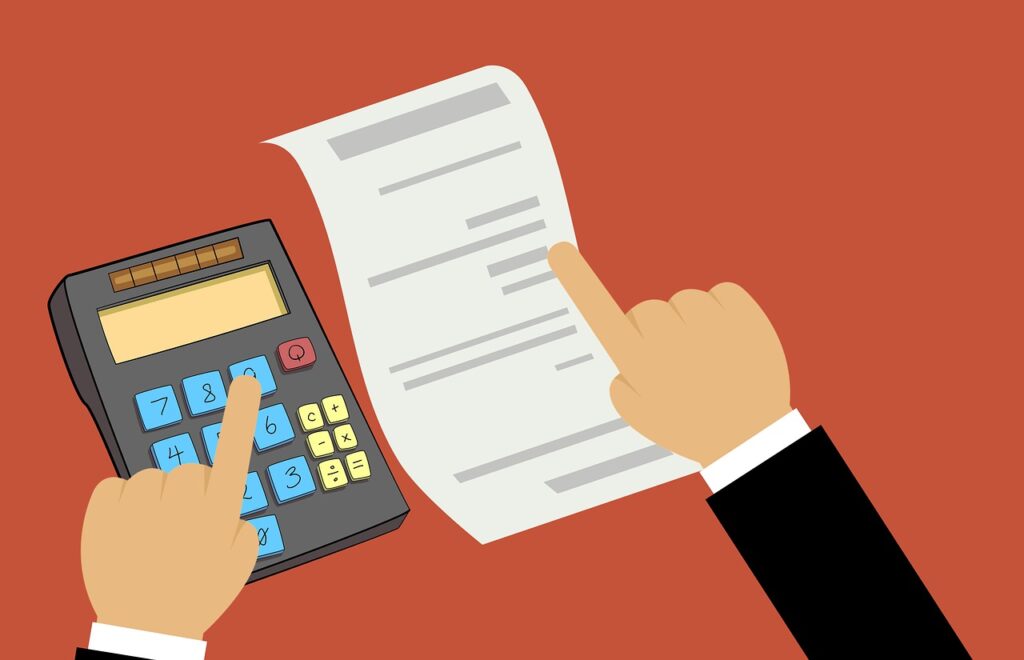Last updated on June 2nd, 2023 at 03:44 pm
In real estate, a property tax deferment means a temporary delay in property tax payments for qualifying properties and homeowners. While there are other types of tax deferral options, property taxes come with their own set of rules and special terminology. Here are some key things to consider about property tax deferments:
How it works
Deferring your property taxes means putting off regular payments. While you don’t have to pay your property taxes, a tax lien will be placed on the property and the unpaid amount will continue to gain interest. When the deferment period ends, the owed amount must be paid in full for the lien on the property to be removed.
How you qualify
Seniors and people with disabilities can often qualify for a property tax deferment from their local governments. As long as the qualified homeowner is using a property as a primary residence, they can defer taxes either until the end of their life or the sale of the property. Each state has different rules, so it’s important to investigate what your opportunities might be for tax deferment.
Here are some examples of states that offer property tax exemptions to seniors over the age of 65:
- Florida: Seniors over the age of 65 are eligible for a $500 property tax exemption.
- Texas: Seniors over the age of 65 are eligible for a $10,000 property tax exemption for school district taxes.
- Mississippi: Seniors over the age of 65 are eligible for a $7,500 property tax exemption.
- New York: Seniors over the age of 65 may be eligible for a partial property tax exemption, depending on their income.
- California: Seniors over the age of 65 may be eligible for a partial property tax exemption, depending on their income.
The above list may not be all-inclusive and laws can change.

Some disabled persons pay no property taxes
In Mississippi, there is a substantial deduction for 100% of disabled individuals on their property taxes. This same rule may apply in your state. It may be possible to eliminate your property taxes entirely or substantially reduce them depending on the rules in your state. Contact the county property tax collector or go to the internet to determine if there are exemptions that could apply to you.
Here are some examples of states that offer property tax exemptions to 100% disabled persons:
- Texas: 100% disabled veterans are exempt from all property taxes on the assessed value of their homestead property. Surviving spouses of eligible veterans can also receive the tax exemption.
- Mississippi: 100% disabled veterans are exempt from all property taxes on the assessed value of their homestead property. Surviving spouses of eligible veterans can also receive the tax exemption.
- Florida: 100% disabled persons are eligible for a $500 property tax exemption.
- New York: 100% disabled persons may be eligible for a partial property tax exemption, depending on their income.
- California: 100% disabled persons may be eligible for a partial property tax exemption, depending on their income.
Why it matters
Property taxes are a major expense for homeowners of any age but can become a burden for those without a regular income, either due to retirement or disability. Therefore, it can be beneficial to defer property taxes and lower regular expenses to preserve savings and income.
While the taxes must eventually be paid for the lien on the property to be removed, deferment can save qualified homeowners thousands of dollars. If you’re interested in learning more about how tax deferment might apply to you, consider reaching out to a financial consultant or tax professional.
Please read other articles in our blog that may be of interest to you. There is a large selection of various topics. You might like this one: 23 Things to Do on the Mississippi Gulf Coast.




